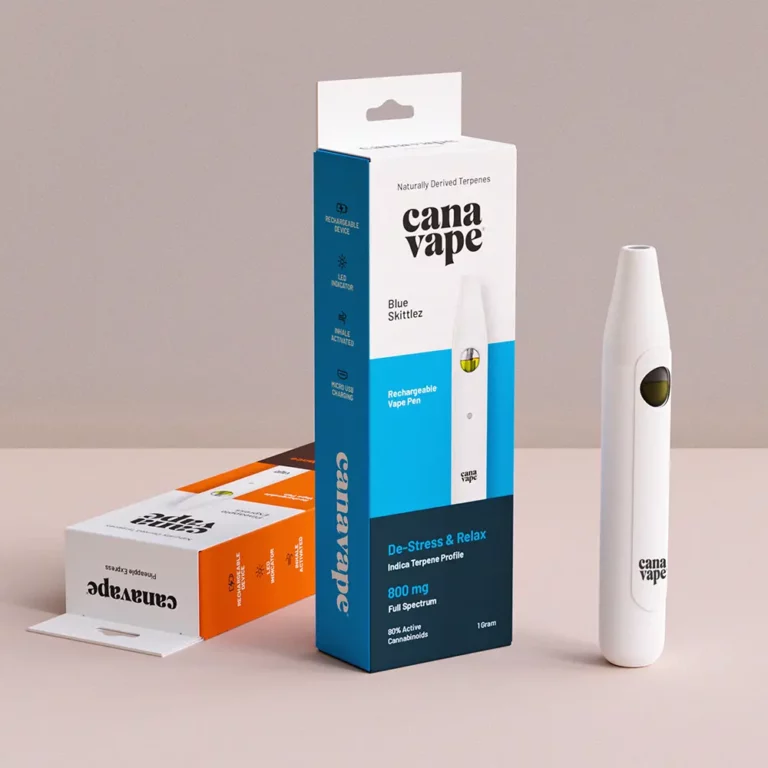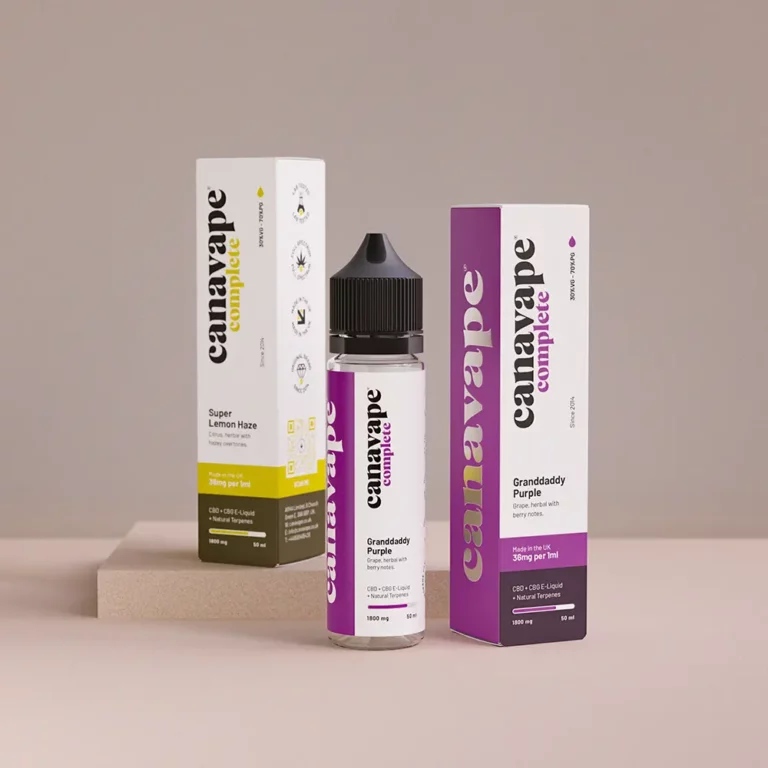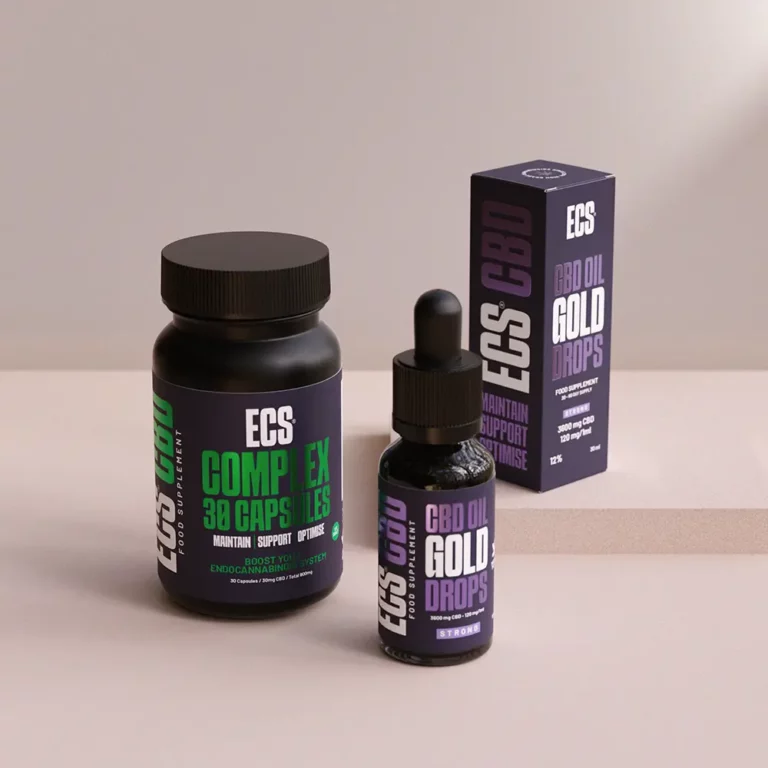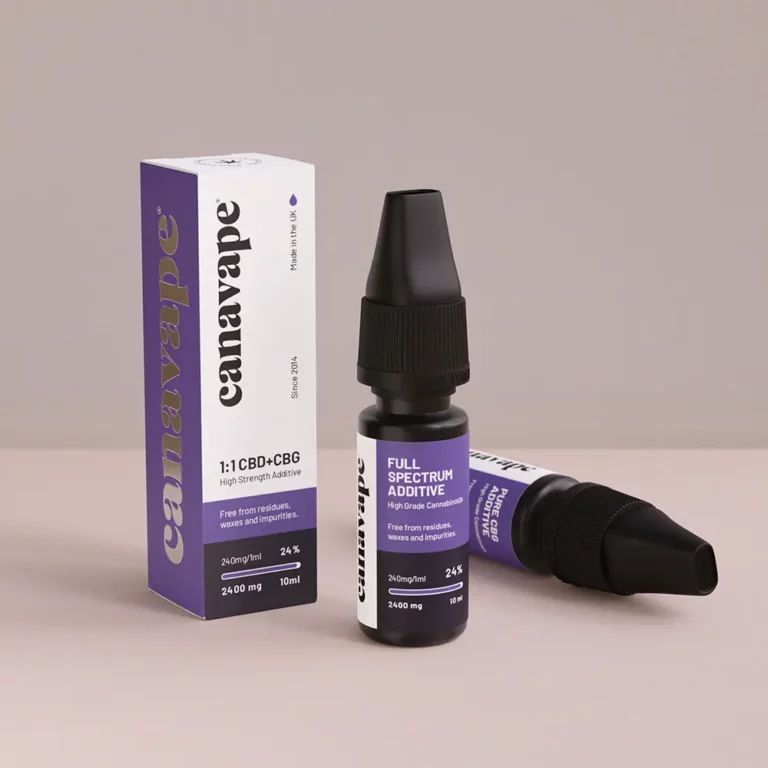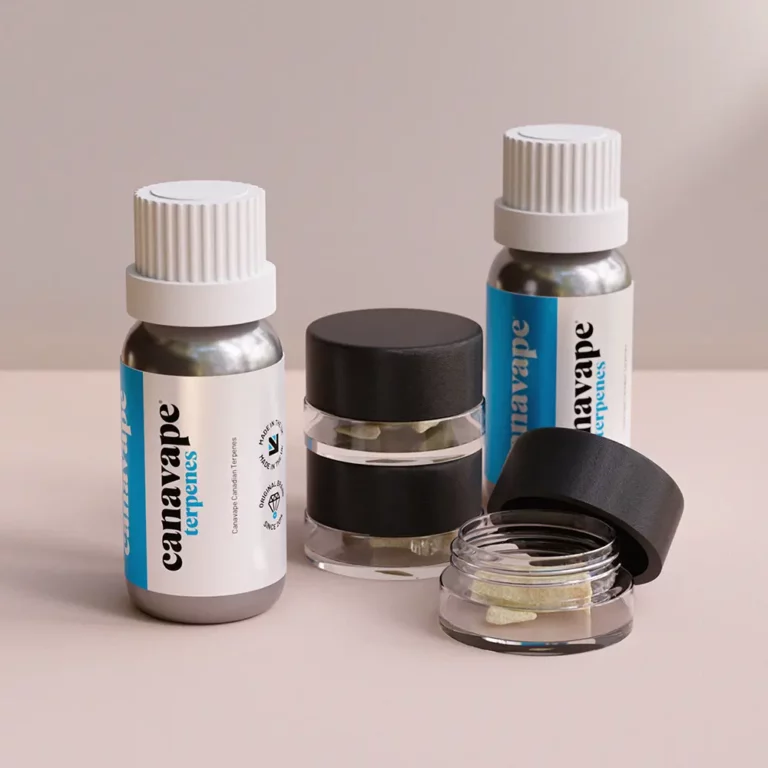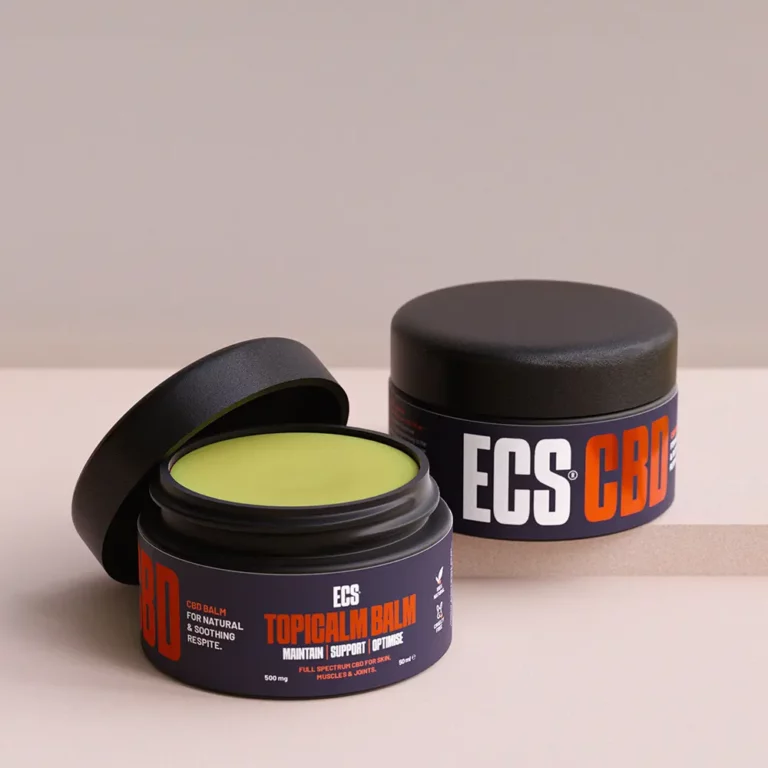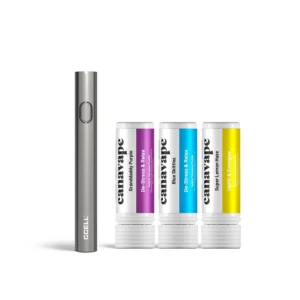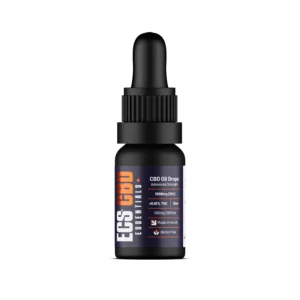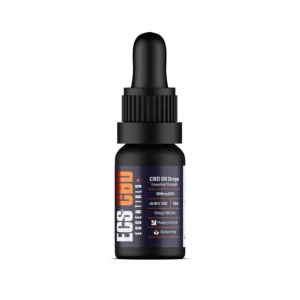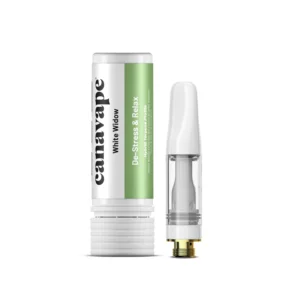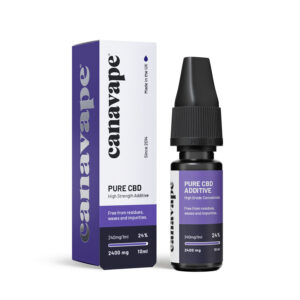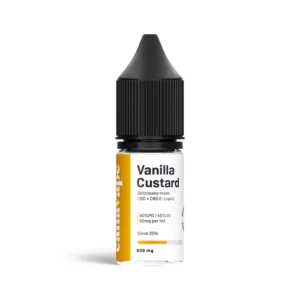CBG and CBD are both cannabinoids found in the cannabis plant. While CBD has gained popularity for its potential health benefits, CBG is lesser known but shows promise in research for its own therapeutic properties. Both compounds interact with the endocannabinoid system in the body, which plays a role in regulating various physiological functions.
CBD, short for cannabidiol, is known for its non-intoxicating effects and potential anti-inflammatory, analgesic, and anxiolytic properties. It is commonly used to alleviate symptoms such as pain, anxiety, and insomnia. CBD is extracted from the hemp plant and is legal in many countries due to its low levels of THC, the psychoactive compound in cannabis.
CBG, or cannabigerol, is considered the precursor to other cannabinoids like THC and CBD. It is found in smaller quantities in the cannabis plant compared to CBD. Research on CBG is still in its early stages, but studies suggest that it may have potential anti-inflammatory, neuroprotective, and antimicrobial effects. CBG may also help regulate mood and appetite.
One key difference between CBG and CBD is their potential therapeutic applications. While CBD is commonly used for a wide range of conditions, including chronic pain, epilepsy, and anxiety, CBG is being studied for its specific effects on conditions like inflammatory bowel disease, glaucoma, and neurodegenerative disorders.
In conclusion, both CBG and CBD are cannabinoids with unique properties and potential health benefits. While CBD is more widely recognized and used in various products, CBG is gaining attention for its specific therapeutic effects. Further research is needed to fully understand the differences between these two compounds and their potential applications in medicine and wellness.
